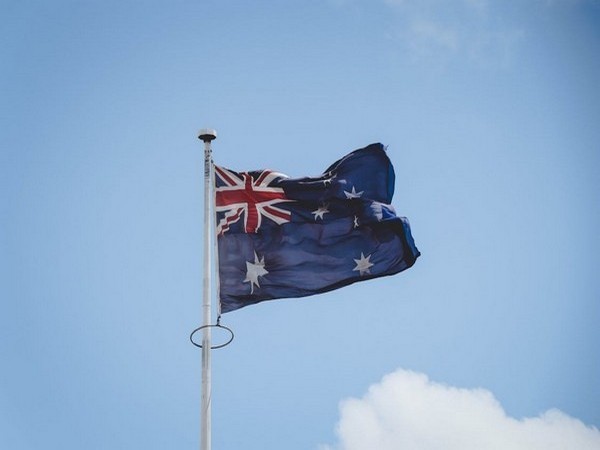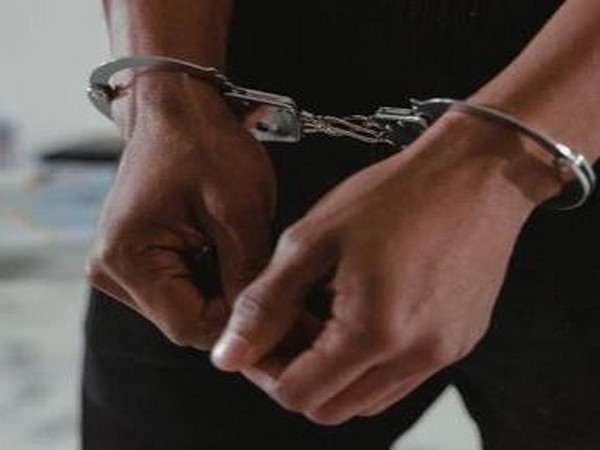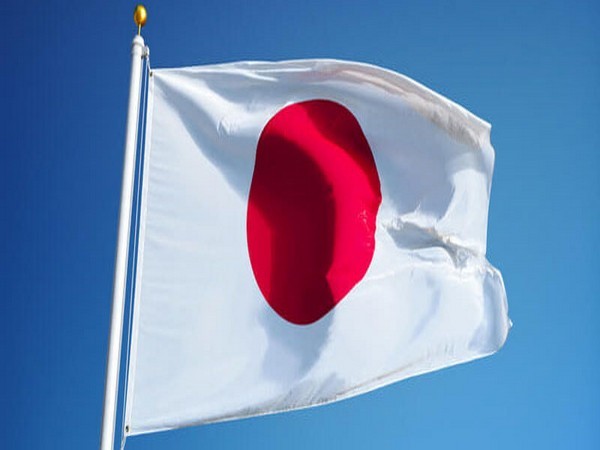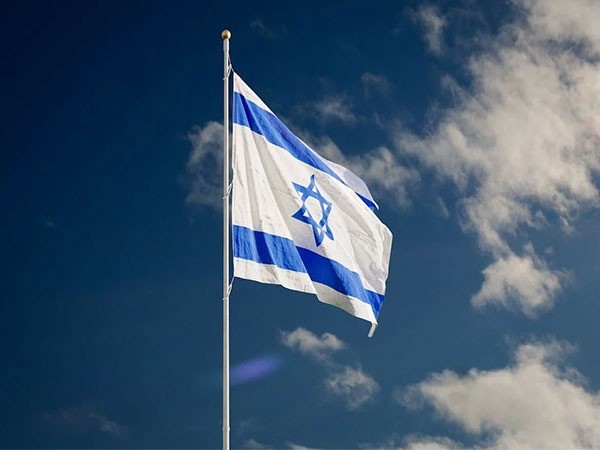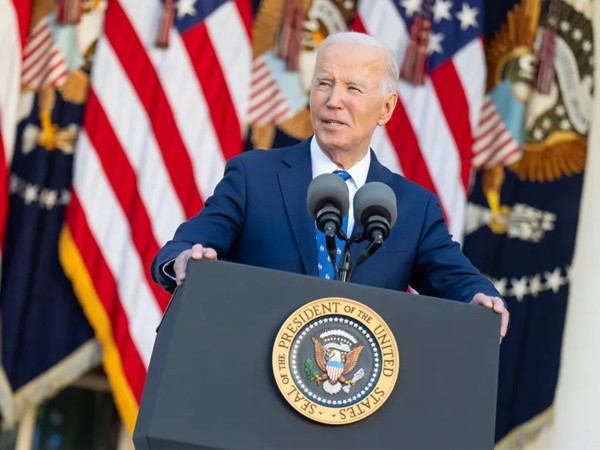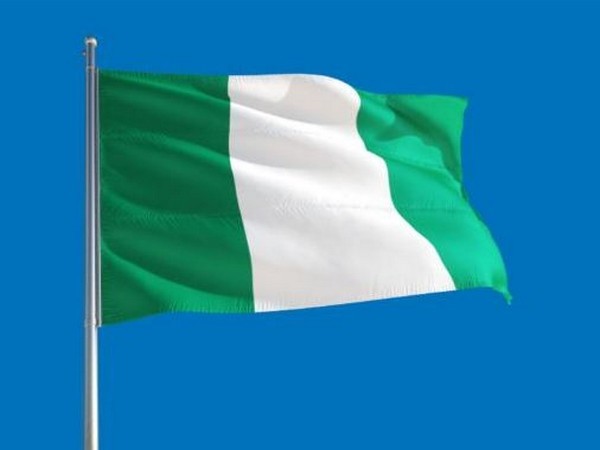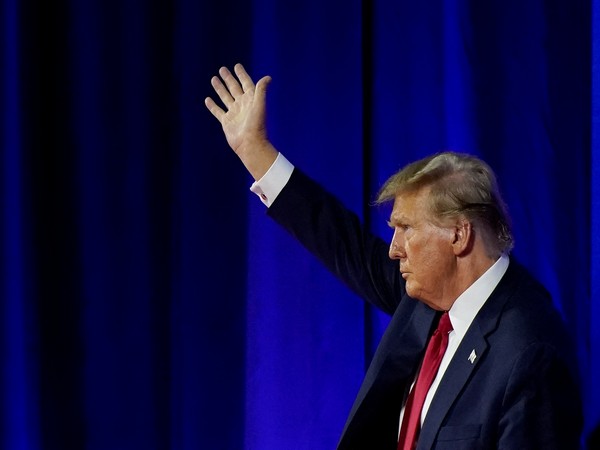
Trump visits Detroit church in bid to court Black voters
Jun 16, 2024
Detroit [US], June 16: Donald Trump ventured where few Republican presidential candidates tread - the city of Detroit, attending a community forum as part of a push to peel Black voters from President Joe Biden ahead of November's election.
Trump's appearance at a Black church drew a mix of curious local residents and die-hard supporters, but little in the way of protest.
Both Trump and Biden, a Democrat, have targeted Michigan as a must-win state where every vote may make a difference, and the Trump campaign argues an opportunity exists to win over Black voters, particularly men, who may be attracted to the former president's economic and border-security policies.
But Detroit is also a place Trump denigrated four years ago as "corrupt" as he argued the 2020 election results there could not be trusted.
At the 180 Church on the west side of the city, Trump sat on stage at a table flanked by a panel of members of the local community, including small-business owners and activists. The event was moderated by U.S. Representative Byron Donalds of Florida, a contender to be Trump's vice-presidential pick.
Trump focused on his core messages, blasting the Biden administration over high inflation, crime and illegal migration, which he said has harmed Black Americans in particular.
"They're coming into your community, and they're taking your jobs," Trump said, without presenting evidence. "We have to get them out."
Trump said crime was "most rampant here, in African-American communities," adding that the "Black population wants law enforcement more than any other."
He also vowed to revitalize the local auto industry in Detroit by slapping tariffs on vehicles built in Mexico and elsewhere.
The church's senior pastor, Lorenzo Sewell, credited Trump for showing up by comparing him to Barack Obama, America's first Black president.
"President Obama never came to the 'hood," Sewell said. "So, thank you."
MAKING AN APPEAL
Wearing a "Make Black America Great Again" T-shirt, Sewell spent time in the hours before the event directing and helping visitors find parking in the hardscrabble neighborhood that surrounds the church.
The event felt unlike a typical Trump rally. While some fervent, MAGA cap-adorned supporters waited for hours to get in, the line numbered in the hundreds, not thousands, and some attendees said they had just happened upon the scene by chance.
As the event began, the church was not at capacity. It held a diverse audience of Black and white people.
The street in front of the church was blocked by police, but there was no sign of protests. A dental clinic on the corner looked to take advantage of the crowd, having an employee hold a sign aloft that read, "Make your smile great again."
Asked whether she was glad Trump was there, the employee responded, "I'm glad anybody comes here."
Angelo Brown, 61, of southwest Detroit, said he wanted to come see Trump "close up" and was undecided between Biden and Trump.
"I'm still listening," Brown said. "I want more of a focus on America, our school system, the medical system."
"I'd like to see them fix the immigration problem and not just bicker about it," he said.
Tamika Markham, 46, of Detroit, said she was open to voting for Trump. "You never know," she said.
"We are just getting by," Markham said of her and her teenage son. "It's hard for a lot of people. I see a lot of people struggling."
Not everyone in the neighborhood was happy to see Trump.
Mae Thomas rolled down the window of her SUV as she drove by the scene outside the church and said she was a life-long Democrat and would be voting for Biden.
A quick visit to Detroit by Trump wouldn't persuade her, Thomas said. He had not done anything for her community as president.
"Now if he walked up to me right now and do for our neighborhood, make everything beautiful, then it's different, then we might talk about it," she said. "But just to come in . I haven't seen no improvement in the neighborhood."
AN UPHILL CLIMB?
Trump was convicted in New York last month on 34 felony counts of participating in a scheme to cover up his payment during the 2016 election to a porn star with whom he had an alleged affair. He also faces separate charges for interfering with the 2020 election and allegedly mishandling classified documents.
He was scheduled to speak later on Saturday in Detroit at a conference of Turning Point Action, a right-wing advocacy group that may be instrumental in driving out the vote for Trump.
While some Black voters have expressed support for Trump, his efforts to galvanize them have been met with resistance.
Trump has made a series of inflammatory and racist statements throughout the years that have drawn heavy criticism.
Last year, Trump urged supporters to "guard the vote" in cities including Detroit, Philadelphia and Atlanta - all Democratic strongholds with large Black populations.
Black Americans have been credited with helping Biden secure the White House in 2020. Yet, recent polls have suggested some slippage of support among Black voters, who historically have been viewed as the Democratic Party's most loyal voting bloc.
Trump's Detroit visit is unlikely to lead to a notable shift in Black support, experts told Reuters. But the visit may appeal to centrist Republicans and independent voters, who would like to see him build a broader coalition beyond his loyalists.
Among Black registered voters, Biden led Trump 57% to 12% in a Reuters/Ipsos poll in May, with 16% saying they aren't sure who they will vote for, 8% saying some other candidate and 7% saying they won't vote at all.
The Biden campaign has been ramping up efforts in Michigan, where Biden defeated Trump by 2.7 percentage points in 2020.
Biden spoke at a NAACP dinner in Detroit last month, while Vice President Kamala Harris visited the state this week.
Local Democratic officials including Lieutenant Governor Garlin Gilchrist held a press conference on Friday ahead of the Trump event, denouncing his visit and contending another Trump presidency would be harmful for Black Americans.
"We cannot take a step backwards into a Trump reality that is so narrowly focused on everybody but us," Gilchrist said.
Source: Fijian Broadcasting Corporation
